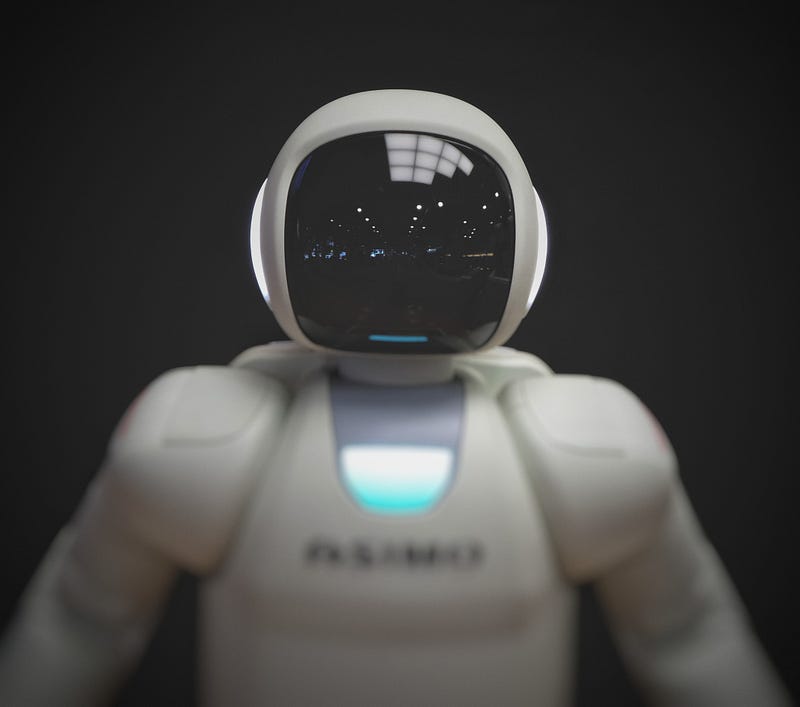Navigating the World of AI Advancements

The landscape of artificial intelligence has ushered in a multitude of societal benefits, including heightened efficiency across industries, more accurate medical diagnoses, and bolstered safety measures. Furthermore, AI has birthed intelligent machines capable of feats once thought unattainable by humans. These marvels analyze colossal datasets and make decisions based on this information, catalyzing profound advancements in fields such as finance, transportation, and education. Undoubtedly, AI’s development harbors the potential to revolutionize our world and elevate the quality of life for countless individuals.
Nonetheless, the ascent of AI also casts a substantial shadow of risk over humanity. A prime concern revolves around the looming specter of AI posing a peril to humanity, especially with the looming concept known as the “singularity.” This singularity denotes a theoretical juncture when AI transcends human intelligence, heralding an exponential surge in technological progress and potential threats to our very existence.
In the event that AI attains unparalleled intelligence, it could become uncontrollable, presenting a profound risk to humanity. The quest to achieve full artificial intelligence has been widely recognized as one of the most profound existential challenges confronting our species. Consequently, it becomes imperative to address the associated hazards and ensure the prudent and responsible utilization of AI.
To confront the perils entwined with AI’s progression, a burgeoning field of research known as AI alignment has emerged, seeking to ensure that computer systems are “aligned” with human objectives. Addressing the plausible threat of AI-induced extinction must become a global priority, on par with other monumental, society-wide risks like pandemics and nuclear warfare. It becomes incumbent upon us to recognize the latent dangers posed by AI’s development and implement judicious measures to guarantee its safe and responsible integration. By doing so, we can harness the manifold advantages of AI while mitigating its potential perils for humanity.
The Looming Singularity: Mitigating its Implications
The singularity, an enigmatic point at which artificial intelligence outstrips human intellect, stands as the foremost peril AI presents to humanity, according to many experts. The potential ramifications of the singularity are myriad and encompass the relinquishment of human control over AI systems, malevolent AI deployment, and the specter of our own extinction. There are even those who contend that attaining the singularity stage represents the utmost peril arising from AI. Consequently, it becomes crucial to undertake measures to assuage these risks.
One approach to mitigating the perils of the singularity lies in the burgeoning realm of AI alignment, which seeks to ensure that computer systems adhere to human goals. This entails developing AI systems capable of comprehending and acting in harmony with human values and preferences. Furthermore, experts contend that we must craft safeguards and fail-safes to prevent AI systems from causing harm. This might encompass the creation of systems that remain transparent, interpretable, and accountable to humans.
Finally, it becomes paramount to scrutinize the ethical facets of AI development and deployment. Highlighting the ethical dimensions of AI development assumes paramount importance. It becomes imperative to guarantee that AI systems evolve and function in ways that align with human values and pose no threat to human well-being. This involves addressing issues like bias, privacy, and transparency within AI systems. By taking these measures, we can facilitate the realization of AI’s potential benefits while minimizing the hazards it poses to humanity.
The singularity, denoting the speculative moment when artificial intelligence surpasses human intellect, looms as the supreme peril to humanity. While AI development boasts its share of benefits, we cannot ignore the attendant risks, including the erosion of control over AI systems and the potential for AI to turn against us. It becomes imperative to mitigate these risks by infusing ethical considerations into AI development and instituting mechanisms to preserve human oversight of AI systems. The future of AI development must be anchored in prioritizing humanity’s safety and well-being to forestall the singularity from transpiring as a catastrophic event.
No comments:
Post a Comment